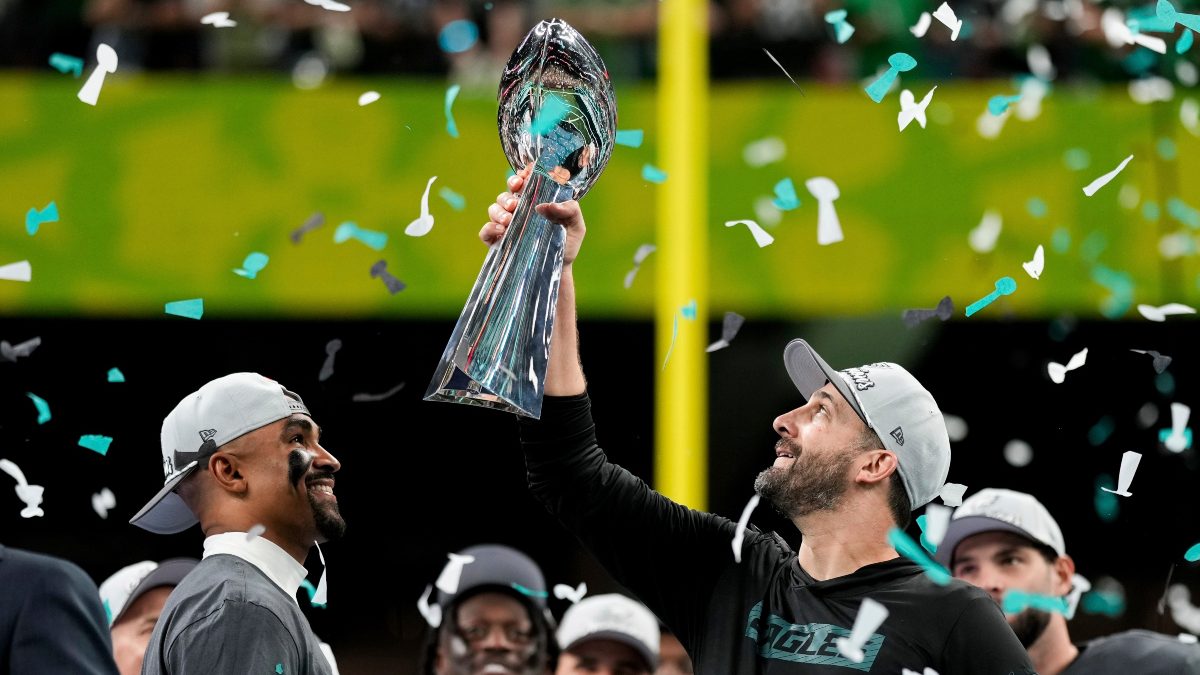As expected, Super Bowl LIX created a festival environment on Sunday at the Superdome in New Orleans. The half-time show, which included performances from American rapper Kendrick Lamar, made all the headlines. In a high-octane match, the Philadelphia Eagles defeated the Kansas City Chiefs 40-22 .
The impact of the win or defeat will be felt by both teams in the coming days, and fans will continue to discuss and debate the top moments. However, the biggest impact will be on the US economy. As per a research report, the US economy could lose up to $3 billion due to decreased productivity and missing workforce on the day after the mega match.
Million of employees to skip work in US after Super Bowl
A poll conducted by UKG-Harris says that Super Bowl LIX would prove to be one of the most impactful sporting events on the economy. On 10 February (11 February India time), 22.6 million employees could skip work, and close to 13 million Americans are expected to be late at work.
In 2024, reportedly 16.1 million workers skipped work on the day after the Super Bowl match.
The majority of losses are a direct result of the extended match timings. The Super Bowl included an extended half-time show and elaborate post-match celebrations. This results in the match stretching past 10 EST, leading to a number of fans skipping work the next day.
Even those who report are rarely able to produce their best work due to late-night partying and drinking. As per a National Library of Medicine study, which has been quoted by the New York Post, hungover employees are around 25% less productive. This results in over two hours of wasted time on duty and the number becomes daunting when it is multiplied by 54 million American employees who were expected to drink on Super Bowl night.
Getting into the specifics.
As per a study by NetVoucherCodes, an average US worker makes $222 per day, but hungover employees will result in $55 per worker in lost productivity, totalling a $3 billion loss.
Impact Shorts
More ShortsThe UKG-Harris poll also stated that 43% of employees wanted the next day of the Super Bowl to be declared a national holiday. This would allow them to enjoy the game without worrying about work the next day.
)